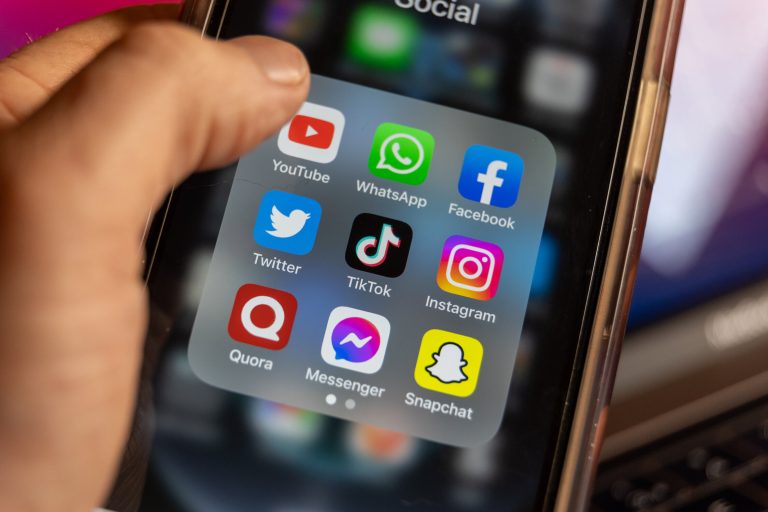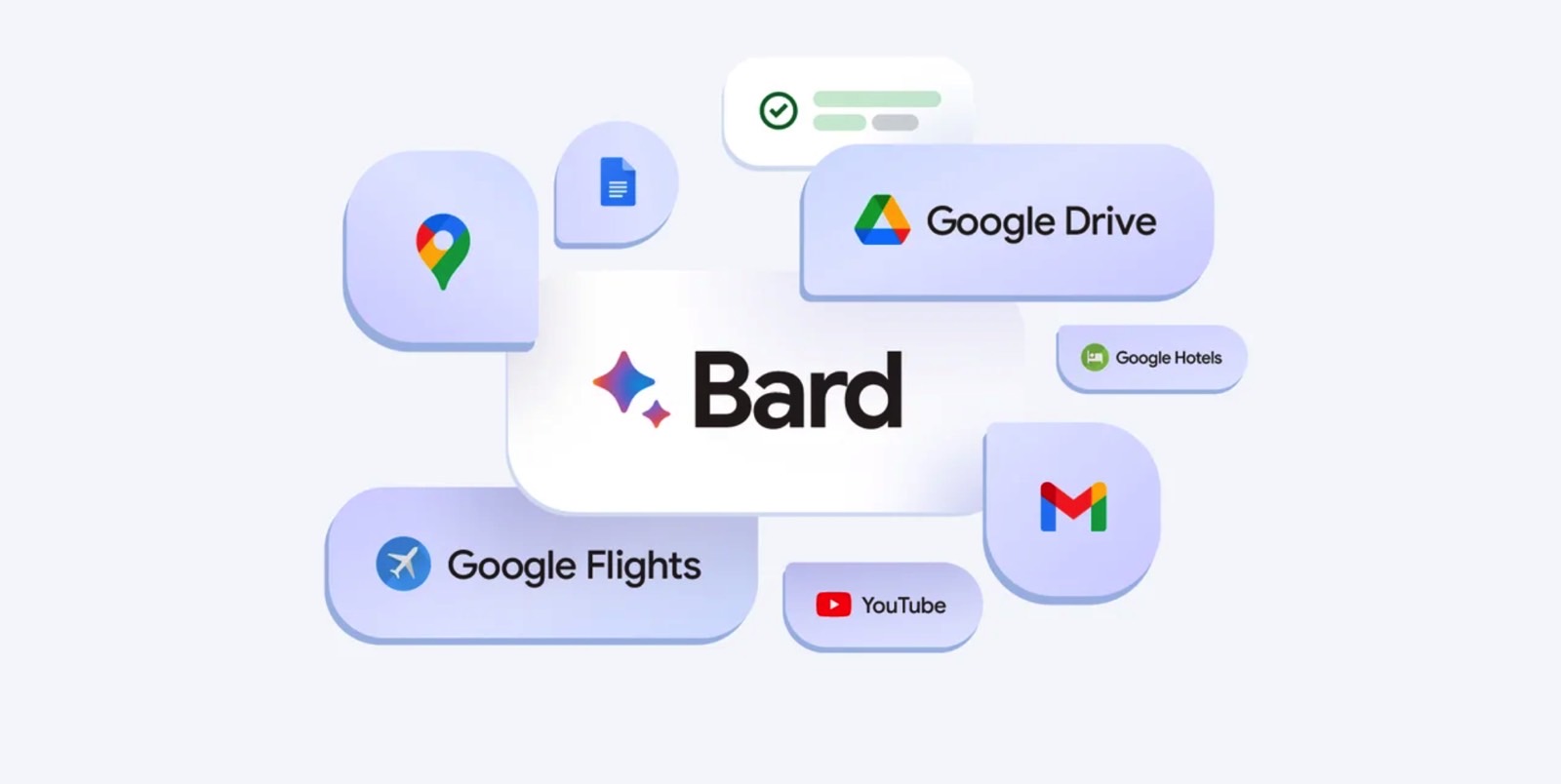Understanding YouTube as a human being is a feat in itself. The video service is vast and it seems that the only person who has truly cracked the code of it is Mr. Beast. Wouldn’t it be cool if an AI could watch YouTube for you and get you the information you need?
That seems to be what Google wants to do with Bard, its AI assistant and ChatGPT competitor. Earlier this month, the company announced that it was planning to start an experiment that integrated Bard directly into the YouTube app. One of the features that it planned for an experiment was the ability to use a conversational AI tool to “get answers to questions about the video you’re watching.”
To help you dive deeper into the content you’re watching, we’re experimenting with a conversational AI tool. This tool lets you get answers to questions about the video you’re watching, recommendations for related content, and more, all without interrupting playback. For certain academic videos, the tool can aid learning journeys by providing quizzes and responses that encourage deeper understanding. If you’re a part of the experiment, you can access the tool by tapping ✨Ask beneath select videos and begin by asking questions about the video or choosing a suggested prompt.
It appears that this experiment is starting to kick off. In an update, the company has announced that it is now taking the “first steps” to expand Bard’s capability to understand YouTube videos that users are watching. The company says that you’ll be able to ask questions like “how many eggs the recipe in the video requires.”
- What: We’re taking the first steps in Bard’s ability to understand YouTube videos. For example, if you’re looking for videos on how to make olive oil cake, you can now also ask how many eggs the recipe in the first video requires.
- Why: We’ve heard you want deeper engagement with YouTube videos. So we’re expanding the YouTube Extension to understand some video content so you can have a richer conversation with Bard about it.
While this feature could be very useful to users watching a YouTube video, it does pose a potential problem to those creating those videos. Will users still watch your whole video if they can just ask Bard for the information and it will gladly extract it from the video you — not Google — worked on? For creators, many of whom make most of their money from people watching their videos on YouTube, this could be a potential threat to their livelihood.

We’ll have to see how this one plays out, but this is an interesting one. Google is having to thread the needle between Bard, a potentially huge business for its future, while not damaging YouTube, one of its most successful businesses right now. Hopefully, creating Bard doesn’t pit the company against the creators who made YouTube what it is today.
Of course, while Bard may steal viewing time, at least Google is ensuring everyone is watching ads so creators get paid with its new ad-blocking measures.

